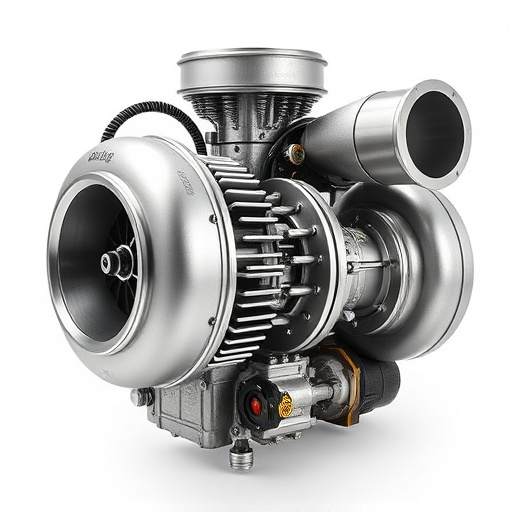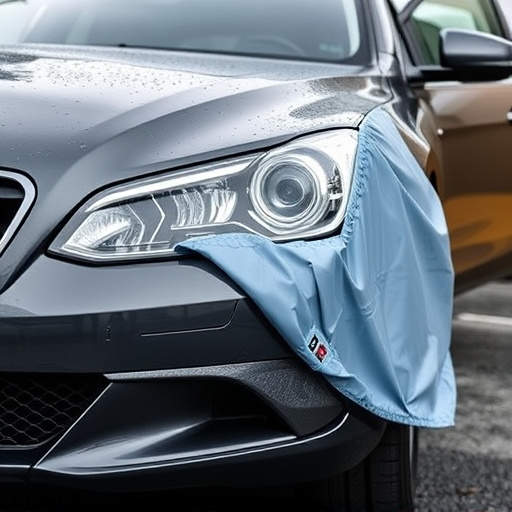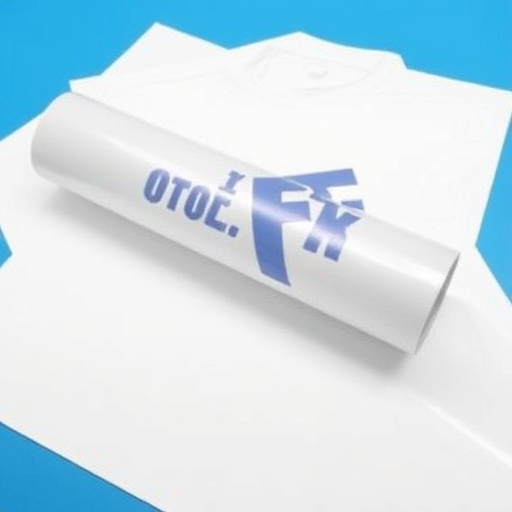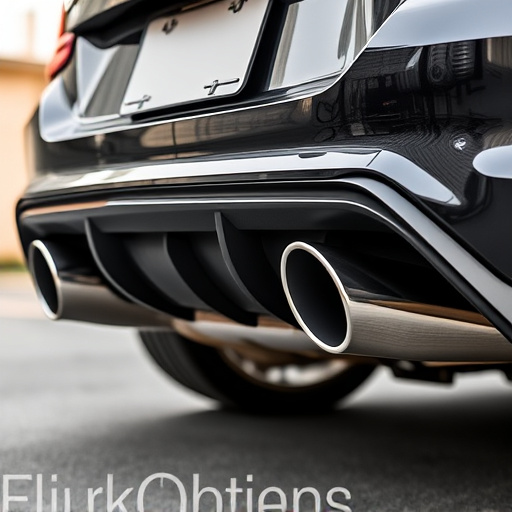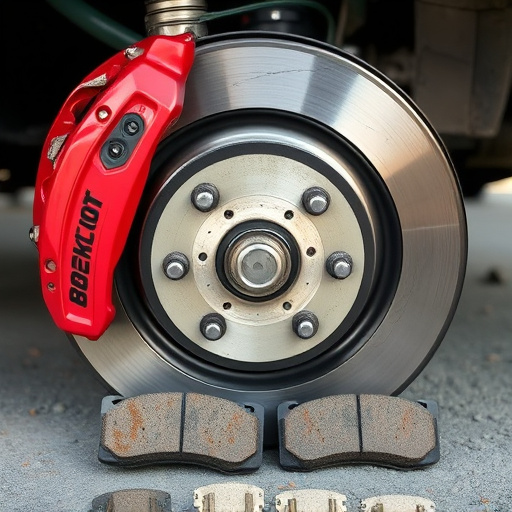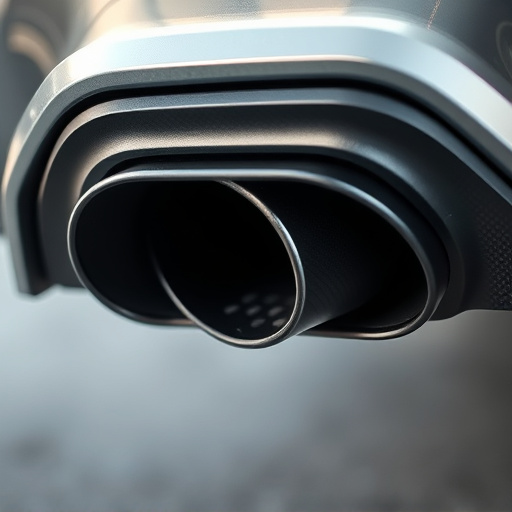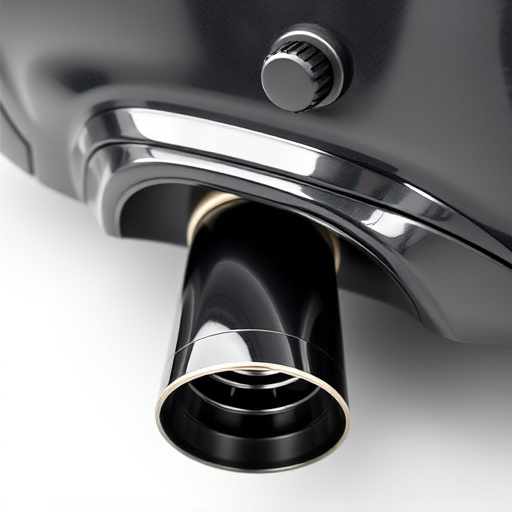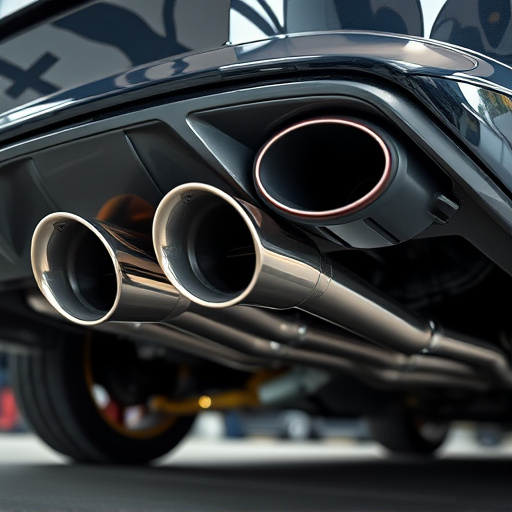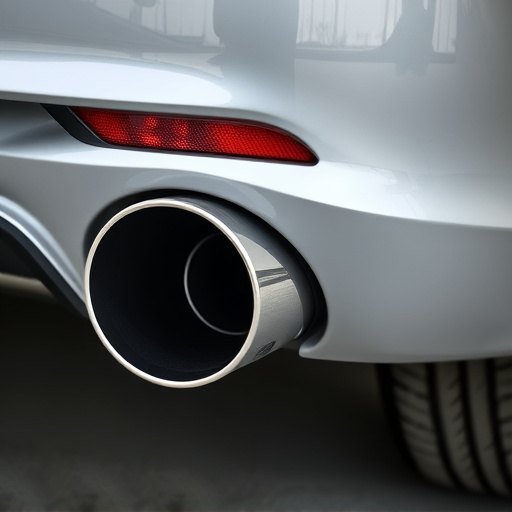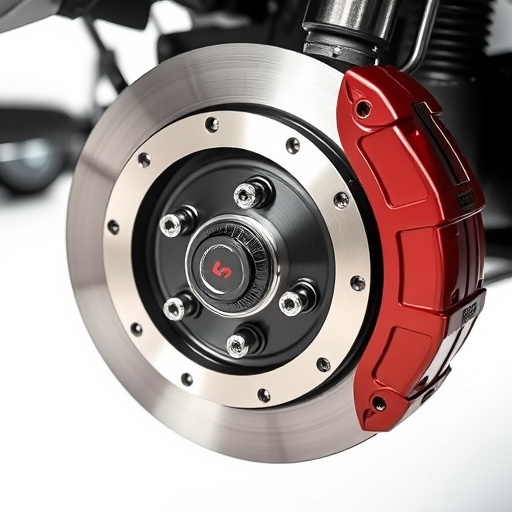Intercooler piping, crucial for high-performance vehicles with turbochargers or superchargers, requires regular maintenance and prompt leak repairs to ensure optimal engine performance, efficiency, and safety. Leaks lead to reduced cooling capacity, warm air intrusion into the intake system, power loss, fuel inefficiency, increased emissions, and potential component damage. Preventative measures include using high-quality materials, regular inspections, proper air intake configurations, and well-maintained exhaust systems to minimize heat buildup.
Intercooler piping, a crucial component in high-performance vehicles, plays a vital role in maintaining engine efficiency. Leaks in these intricate systems can lead to significant power losses, reduced fuel economy, and even catastrophic engine failures. This article delves into the significance of leak-free intercooler piping, exploring common issues like corrosion, manufacturing defects, and installation errors. We provide actionable solutions to ensure optimal performance and longevity for your vehicle’s cooling system.
- Understanding Intercooler Piping: Its Role and Significance
- Common Issues and Challenges with Leaky Intercooler Piping
- Ensuring Leak-Free Intercooler Piping for Optimal Performance and Longevity
Understanding Intercooler Piping: Its Role and Significance
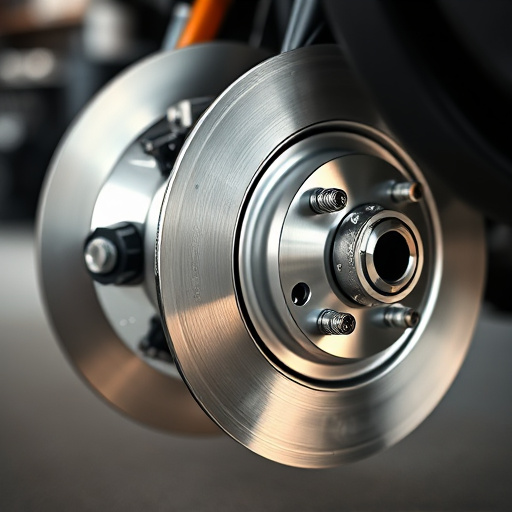
Intercooler piping, an integral component of many high-performance vehicles, plays a pivotal role in cooling down compressed air after it has passed through a turbocharger or supercharger. This process is crucial for maintaining optimal engine performance and efficiency. The intercooler itself acts as a heat exchanger, reducing the temperature of the charged air before it enters the engine. However, its effectiveness heavily relies on leak-free piping to ensure efficient cooling.
Leaks in intercooler piping can lead to significant performance issues. Not only does it reduce the overall cooling capacity, but it can also cause the system to become inefficient and even fail altogether. A well-designed and maintained intercooler piping system, including robust connectors and regular checks for leaks, is essential to guarantee a smooth flow of cold air into the engine. This, in turn, enhances engine power, improves throttle response, and ensures optimal performance, especially when combined with other upgrades like cold air intakes or performance exhaust systems and even high-performance brake rotors.
Common Issues and Challenges with Leaky Intercooler Piping
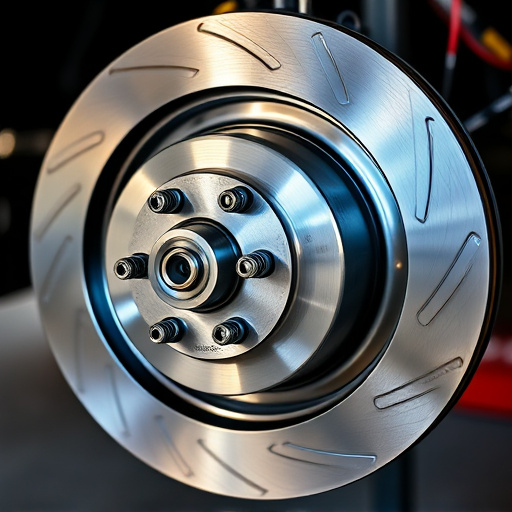
Leaky intercooler piping is a common issue that can significantly impact the performance and efficiency of high-performance vehicles equipped with turbochargers or superchargers. These systems, designed to enhance engine power through forced induction, rely heavily on clean, cold air intake systems for optimal combustion. Any leaks in the intercooler piping can introduce warm air from the exhaust system, reducing the density and pressure of the incoming air, which directly affects the overall performance of the vehicle.
The challenges associated with leaky intercooler piping extend beyond mere performance losses. Such leaks can also lead to reduced fuel efficiency, increased emissions, and potential damage to other components in the engine bay. Moreover, identifying and repairing these leaks can be complex, as they often manifest subtly and require meticulous inspection of intricate systems, including the intricate web of hoses, fittings, and intercoolers that make up modern air intake systems. Regular maintenance and timely repairs are crucial to ensuring these high-performance parts operate at peak efficiency without compromising safety or reliability.
Ensuring Leak-Free Intercooler Piping for Optimal Performance and Longevity
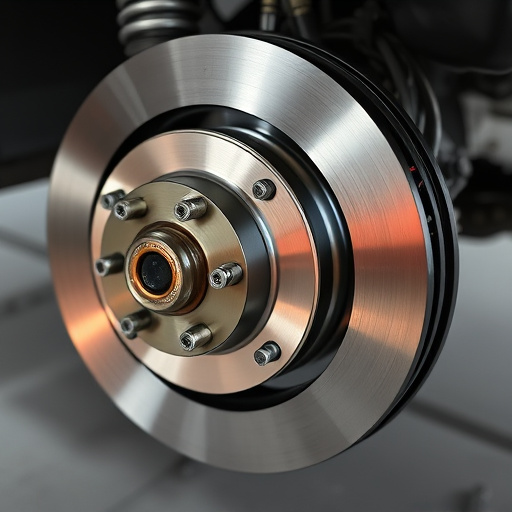
Ensuring that your intercooler piping is leak-free is paramount for achieving optimal performance and maximizing the longevity of your vehicle’s cooling system. Leaks in the intercooler piping can lead to a variety of issues, from reduced engine power and efficiency to potential damage to surrounding components. A single leak can cause significant problems over time, affecting both the reliability and safety of your vehicle.
Proper installation and regular maintenance are key to preventing leaks in your intercooler piping. This includes using high-quality materials that are resistant to corrosion and cracking, as well as checking for any signs of wear or damage during routine inspections. Additionally, integrating air filter kits and ensuring the optimal configuration of your air intake systems can help mitigate stress on the intercooler, thereby reducing the risk of leaks. Moreover, keeping exhaust mufflers in good condition also plays a crucial role in maintaining the integrity of your intercooler piping by minimizing heat buildup that could lead to structural failures over time.
For any vehicle or machinery equipped with an intercooler, maintaining leak-free intercooler piping is paramount. This crucial component ensures efficient cooling, enhancing engine performance and longevity. By addressing common issues like corrosion, poor sealing, and material fatigue, you can avoid costly repairs and maintain optimal operating temperatures. Regular inspection and timely replacement of faulty parts are key to preserving the integrity of your intercooler piping system, ultimately contributing to better overall performance.



